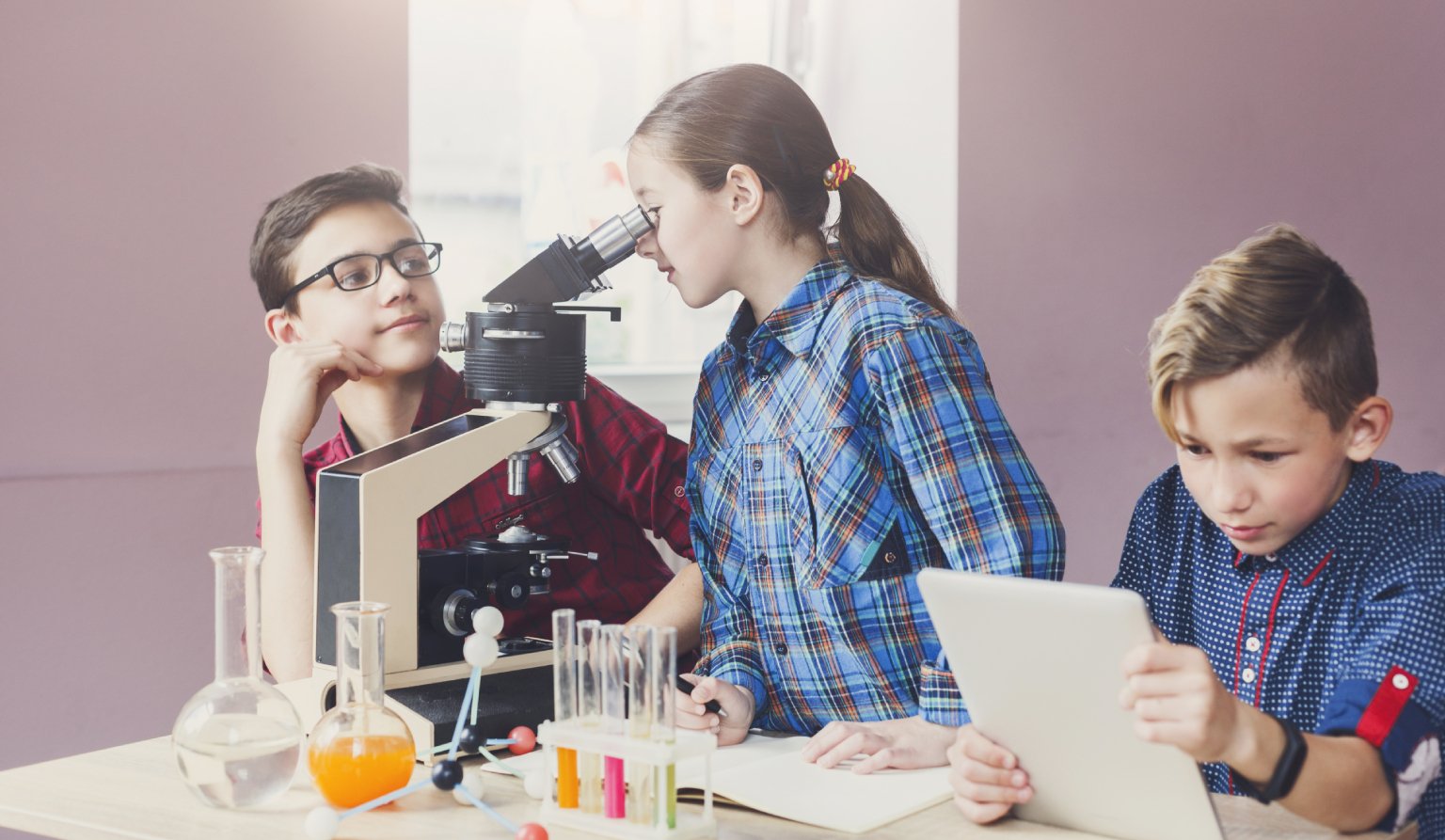Introduction: CBSE School in Seoni: There are various science experiments for children and young students to learn the field. Science is essentially based upon experimentation to draw conclusions, and it is a collective field. Experiments are really where a lot of science resides, and they are now standard parts of curriculums in biology, chemistry, and physics at 10th and 12th standard. However, what are some reasonable and fun science experiments young children and students can engage in to learn the field by themselves?
Furthermore, how can these experiments lead to knowledge, creativity and drive behind scientific spirit and endeavour? Simple experiments are entertaining and rewarding for young learners and children, and they may open their minds to possibilities of experimentation, study, and learning, as well as effectively aiding in understanding concepts in their subjects. Science and experiments are integral to the overall CBSE education at VPLS, a school in Seoni.
Twelve science experiments for young children or students at home or school.
Before starting, it is always a good idea to provide the children or young students with a journal to record their results, observations and outcomes of the various experiments. Safety equipment is also required beforehand; lab coats, aprons, safety goggles and gloves may be necessary. An adult or guardian should accompany the young learner or student. At Podar Learn School Seoni, curious minds are complemented with the requisite rigour and opportunities to transform their nature into scientific knowledge and learning.
12 science experiments for young students learning the field:
- Demonstration of Newton’s first law of inertia using coins: Placing a few coins on a cardboard sheet over a glass in water, the young learner can flick the cardboard sheet, and the coins should fall into the glass. This is a classical demonstration of Newton’s first law of motion. It is also known as the coin-drop inertia experiment.
- Apple oxidation: Pieces of sliced apples exposed to air often turn brown; the apple oxidation experiment challenges young learners/students to submerge cut pieces of apples in different liquids, subsequently drying them in the open air and recording the observations of oxidation, how long does it take for apple pieces dissolved in solvents to turn brown?
- DIY Solar oven: A fun learning experiment demonstrating solar power. Creating a DIY backyard solar oven requires a box and some aluminium foil; placing it in outside heat with some non-edible material (food is not recommended initially) would result in heating and melting. The young learner/student can record changes in the box over time. Comparing the temperatures inside the solar box and the temperature outside, the student may record occurrences of changes and how the appearance, texture, smell, and colour of the material placed inside the solar box changes.
- Growing an avocado tree: Growing an avocado tree is a simple science experiment that young students and learners can implement for themselves. Learning about how to develop a plant. Top 10 school in Seoni: At VPLS, an environment where we nurture future leaders for domains in science, commerce and humanities.
- Mold experiment: Bread mould experiments involve placing bread inside differing solvents and using additives like vinegar and salt to impact mould growth on the bread.
- DIY compass: The do-it-yourself compass is a good experiment for children and young students to learn about electromagnetism. Using a pin, magnetise both ends with opposites, attach it to a cork, and suspend it in water. Spinning the cork would result in reorientation where the compass realigns itself with magnetic north.
- Paper bridge: The experiment relies on building a paper bridge to support as many coins on the structure as possible. By experimenting with the shape and paper, children learn about some strengths and construction techniques.
- Sticky ice is an experiment in which the challenge/goal/objective is to lift an ice cube via a string, using salt to accomplish the task. Hint: It relies on melting the ice.
Conclusion:There are various simple science experiments where young learners and students can learn to gauge and understand how a generic science experiment proceeds. Emphasis is always placed on recording and following proper safety procedures. Overall, young learners, children and students can engage in various easy DIY experiments to learn about science and have fun. VPLS is among the renowned schools in Seoni Malwa.

